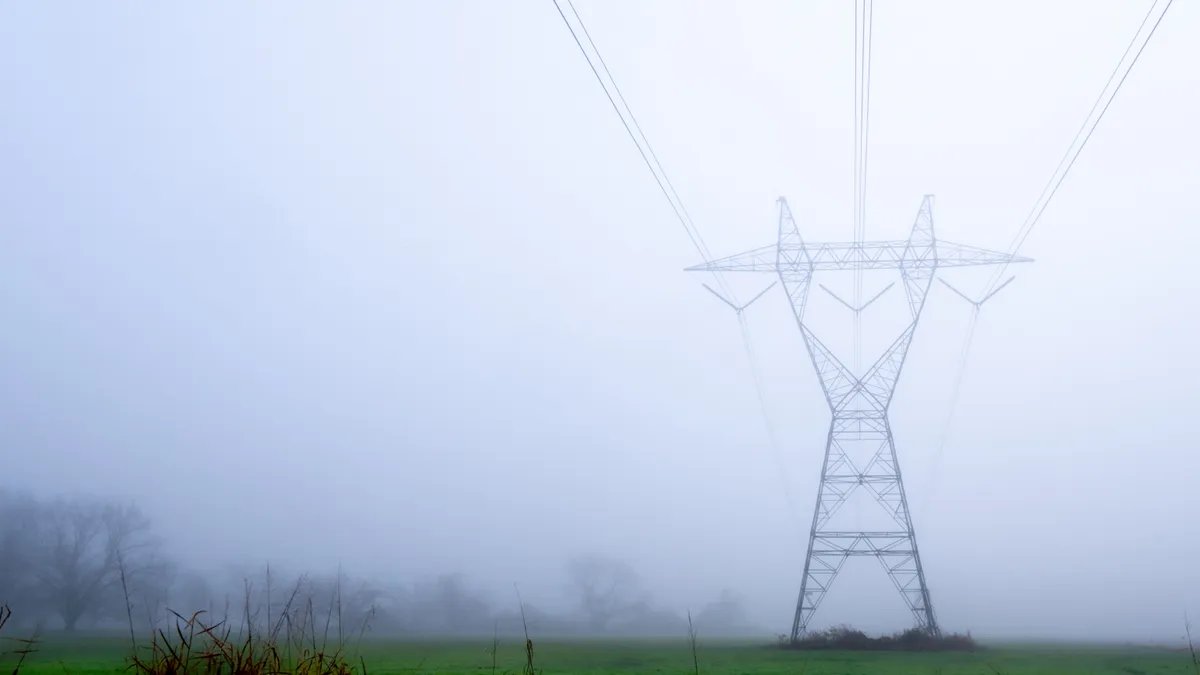The Federal Energy Regulatory Commission should bar transmission owners from independently planning “local” transmission projects above 100-kV, according to a complaint filed Thursday at the agency by a coalition of large energy users and ratepayer advocates.
“Local planning, coupled with the absence of an independent transmission system planner, has produced inefficient planning and projects that are not cost-effective, resulting in unjust and unreasonable rates for both individual projects and cumulative regional transmission plans and portfolios,” the coalition said.
In its landmark Order 1920 transmission planning rule, revised last month, FERC acknowledged that local transmission planning may result in less efficient and more expensive transmission development compared with regional planning, but didn’t address the issue, according to the complaint.
“The commission has spent nearly two decades, without success, merely trying to incentivize individual transmission owners to plan at the regional level, and has thus far failed to require true regional planning by allowing local planning exceptions to run roughshod over regional planning rules,” the coalition said.
In PJM, there are 1,584 locally planned transmission projects valued at $18.1 billion with expected in-service dates between Jan. 1, 2024, and Dec. 31, 2028, according to the complaint.
“Those projects, like locally planned projects across the country, receive only a superficial, if any, independent review and thus there is no assurance that they represent efficient or cost-effective projects for consumers,” the coalition said. “The current regulatory regime incentivizes transmission owners to overinvest in local projects while potentially underinvesting in more efficient regional solutions.”
Investor-owned utilities are incentivized to invest in self-planned local transmission, in part because it is free from third-party competitive bidding and is subject to FERC’s formula rate process, which provides limited opportunity to review projects, according to the complaint.
FERC should require that regional planning be conducted by an independent transmission system planner to make sure that consumers benefit from the determination of the appropriate project and are not stymied by the self-interest of existing transmission providers and transmission owners, the coalition said.
Regional transmission organizations and independent system operators could serve as independent transmission planners if they meet various criteria, according to the complaint.
The complaint will make it more difficult and costly to build transmission, according to Larry Gasteiger, executive director of WIRES, an advocacy group for utilities and others in the transmission sector.
“The complaint seeks to burden FERC and all transmission developers and interested stakeholders with unnecessary, inefficient, and cumbersome new processes and requirements for planning and building transmission,” Gasteiger said in calling on FERC to dismiss it. “It is needlessly distracting and will divert FERC and industry resources from important work on ongoing regional transmission planning and compliance with FERC Orders 2023 [on grid interconnection] and 1920.”
The complaint was filed against more than two dozen utilities, including Florida Power & Light, Duke Energy Carolinas and NV Energy, as well as all the major grid operators under FERC’s jurisdiction, such as PJM and the Southwest Power Pool.
The coalition filing the complaint includes 22 groups such as the Industrial Energy Consumers of America, American Forest & Paper Association, R Street Institute and ratepayer advocates from Maryland, Pennsylvania and West Virginia.















